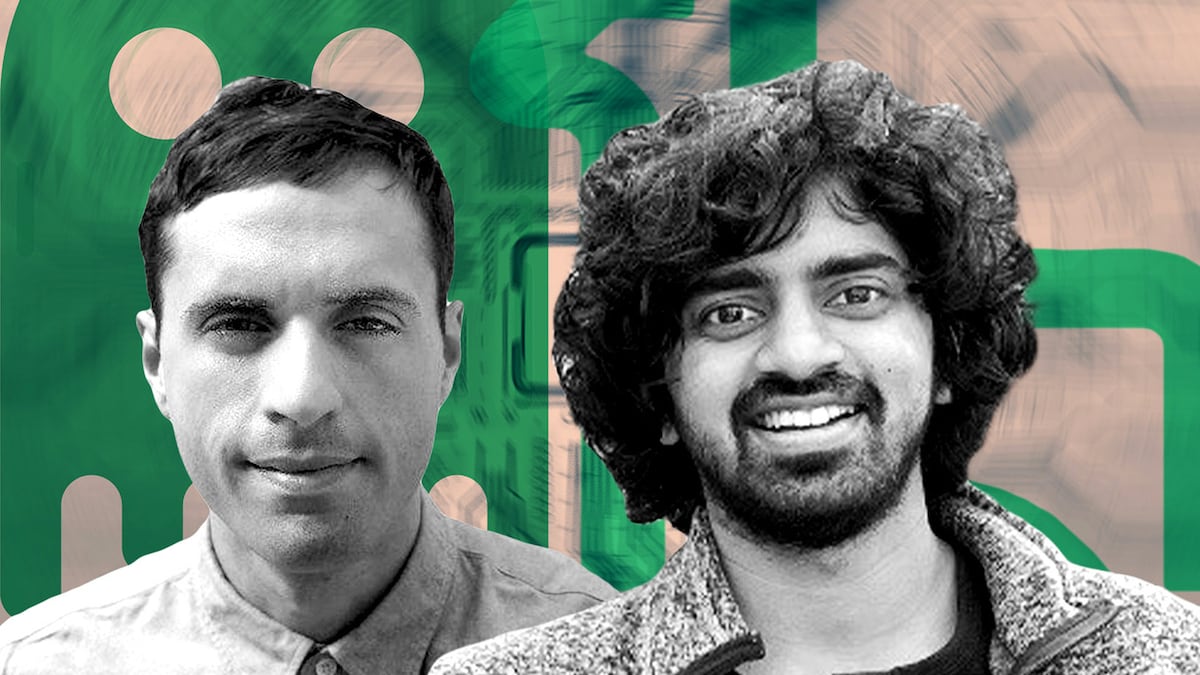- Aave DAO delegate Marc Zeller is pushing to cancel Llama’s contract with the DAO.
- Llama says Zeller has it in for the company.
- “Terminating Llama now sends a clear signal of maturity of the Aave DAO,” Zeller told DL News.
Aave DAO, the decentralised autonomous organisation that runs DeFi’s biggest crypto lending protocol Aave, is embroiled in a governance dispute between a major delegate and one of its service providers.
In one corner is Marc Zeller, founder of Aave Chan Initiative, a delegate platform on Aave DAO.
In the other — DeFi management company Llama, which provides treasury management for the DAO, upgrades for Aave’s lending protocols and other services. Llama, the on-chain governance company, is unrelated to Llama Corp, owner of DL News.
The company’s contract with Aave DAO has two months left, with $240,000 worth of funds left in the budget.
Despite this, Zeller proposed on July 25 that the DAO cancel its contract with Llama, accusing the company of overcharging for its services and underdelivering on targets.
“Terminating Llama now sends a clear signal of maturity of the Aave DAO and is a reminder that the best DeFi protocol DAO is expecting the best from its service providers,” Zeller told DL News.
He had previously said Aave DAO is better placed to allocate money than Llama, and that he and others “consider Llama’s service to be unfit for the Aave DAO.”
Voting began on July 31 and will conclude on August 3. Participants in support of cancelling Llama’s contract currently account for 60% of the votes.
The other 40% are in favour of reducing the company’s workload rather than an outright cancellation.
The vote is a temperature check — a preliminary poll used to gauge sentiment within a DAO about a proposal. Temperature checks that pass go on to a final execution vote.
The proposal
The proposal said Llama had “fallen short of expectations” on several occasions.
One of these instances included the events that transpired during the DAO’s remediation of the $1.6 million bad debt situation that occurred late last year, due to an attack by Avraham Eisenberg, who is known for his $110 million exploit of DeFi protocol Mango Markets last year.
Eisenberg’s attack targeted Curve founder Michael Egorov’s debt position on Aave v2 by short-selling Curve tokens. The attack failed with Eisenberg losing $10 million but it left Aave with $1.6 million in bad debt.
Aave DAO members agreed to a remediation plan proposed by Llama and DeFi risk management company Gauntlet shortly after the incident. The plan saw the DAO buy 2.7 million Curve tokens to clear the excess debt on the Aave v2 protocol.
However, there was a delay in the process and the spot price of Curve increased which resulted in the DAO having to pay an additional $1 million because Llama “preferred to enjoy Christmas holidays” rather than executing the steps in the plan, Zeller said.
Zeller’s proposal also claimed Llama had engaged in play-for-pay by charging fees for consulting services on behalf of Aave.
Zeller’s proposal also said Llama has failed in its duties as a treasury manager pointing to insufficient funds in the DAO’s accounts used to pay multiple service providers.
“This has damaged the DAO’s brand and reputation,” Zeller said.
Llama’s response
Responding to these allegations, Llama stated that it was not at fault for the additional cost incurred by the DAO when repaying the bad debt last year.
The company told DL News that it “acted promptly and prioritised security with the CRV [Curve token] bad debt repayment contract in 2022.”
“Sufficient time is required for contracts to be developed, tested, peer-reviewed internally, and peer-reviewed externally,” Llama said. “It is not in Aave’s best interest to compromise on security for the sake of speed.”
Zeller disagreed with Llama’s position stating that its budget is enough to “hire competent engineers” that would have delivered the work on time.
The company also rejected Zeller’s characterisation of their work with the DAO.
Zeller “constantly misrepresents facts about Llama and refuses to reply to any of our responses,” a Llama spokesperson said in a public DeFi Telegram group.
“We have disagreed with all three points but our corrections haven’t been responded to,” Llama told DL News.
Zeller told DL News that Llama has not addressed the issues raised in the proposal.
“It is interesting to consider that Llama does not object [to] the fact of the three reasons we consider as enough to terminate their agreement, but argues around them,” Zeller said.
Llama also refuted the play-for-pay claims in the proposal.
“During our Aave contract, we never received payments from external parties for asset listings,” Llama said.
Llama, however, clarified that it previously received payment in exchange for helping a couple of protocols with the engineering work required for their listing proposals on Aave.
“This was encouraged by Aave Companies and others because asset listings require protocol expertise,” Llama said.
This article has been updated to include additional comments from Llama.
To share tips or information about DAO governance please contact me at osato@dlnews.com.


